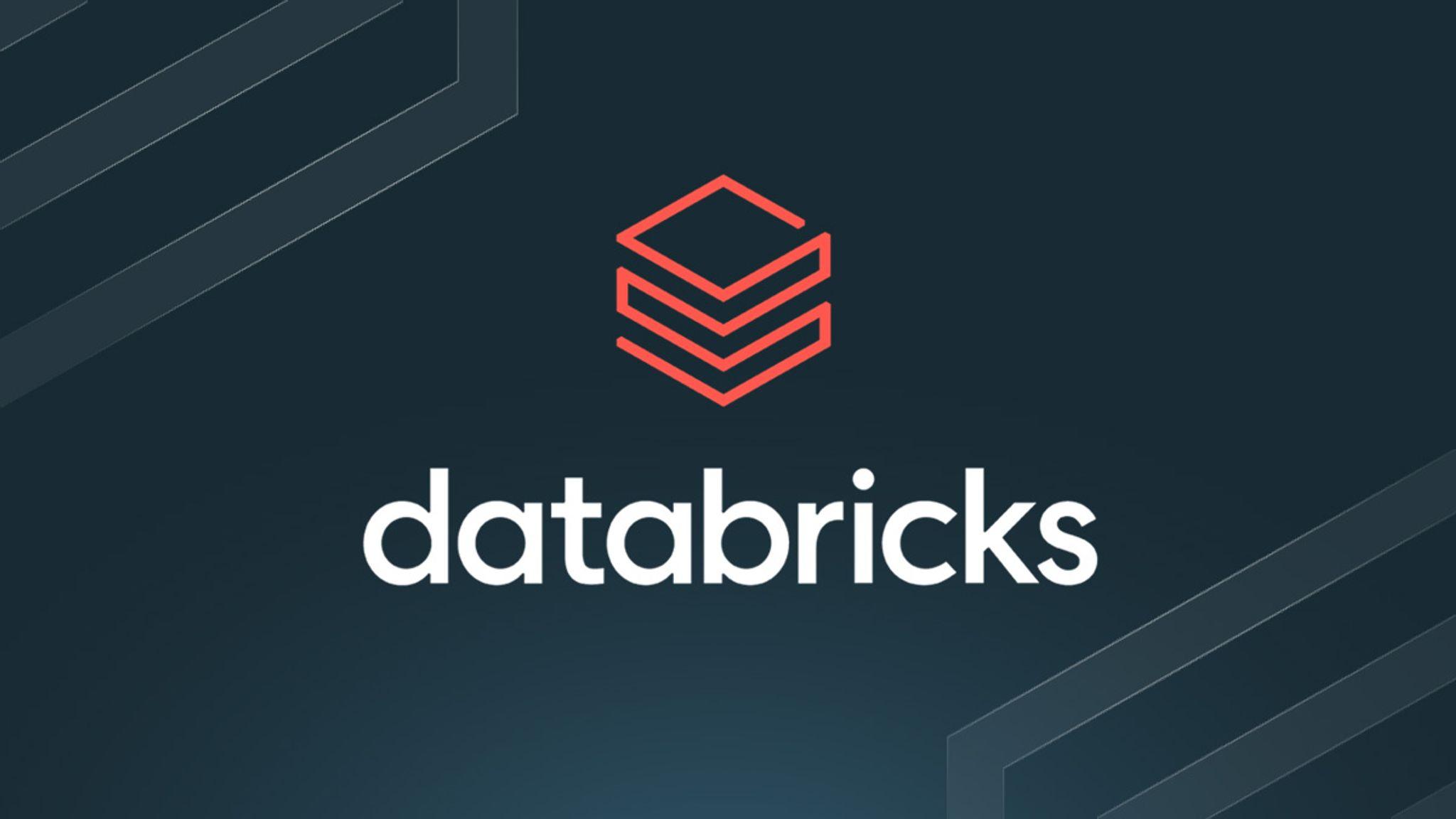
AI-Powered Devices: Revolutionizing and Scrutinizing Our Lives
AI-Powered Devices: Revolutionizing and Scrutinizing Our Lives
Artificial intelligence has woven itself into the fabric of daily life, transforming common objects like razors and toothbrushes into sophisticated digital companions. These AI-powered devices utilize machine learning algorithms to learn about users' habits and provide real-time feedback, making everyday tasks as mundane as brushing your teeth a personalized experience. From electric razors to smartwatches, AI-equipped technologies have become ubiquitous, silently shaping the way we interact with our digital environment while simultaneously raising critical questions about privacy and data security.
Understanding AI's Data Collection Capabilities
At the forefront of AI's capabilities is its robust data collection ability. Whether you're consulting ChatGPT for advice or tracking your morning run with a smartwatch, AI systems gather extensive information, often leaving people unaware of the extent of data being harvested. This data can reveal personal habits and predict future behaviors, raising inevitable questions about data privacy. Imagine this data as tiny breadcrumbs you leave behind each time you interact with technology - every click, like, and scroll adds up to create a comprehensive digital portrait of your preferences, behaviors, and patterns.
Smart home devices and fitness trackers are at the forefront of this data collection revolution, continuously gathering information through sensors, voice recognition, and location tracking. These devices, often seen as passive helpers, accumulate vast amounts of data on user habits and preferences, with cookies and tracking pixels observing activities silently in the background. The fine print of privacy policies, filled with legalistic jargon, frequently obscures the true extent of data collection, leaving users unaware of what they've actually agreed to.
Generative vs. Predictive AI: Two Sides of the Intelligence Coin
Generative AI models, like those used by ChatGPT and Google Gemini, function as digital artists, using vast stores of training data to create new content - be it text, images, or music. These platforms collect everything users type into their chat boxes, recording each interaction to refine their algorithms and improve their capabilities. This treasure trove of data not only enhances the AI's performance but also offers users increasingly personalized experiences, though it comes at the cost of comprehensive data collection.
On the other hand, platforms such as Facebook and TikTok leverage predictive AI to forecast outcomes and craft ever more relevant recommendations. By analyzing past behaviors, predictive AI can suggest what movies to watch, predict daily step goals, or determine which social media content will capture your attention. These systems use vast stores of user-generated data to fuel their recommendation engines, creating detailed digital profiles from every post, like, share, and lingered gaze with uncanny precision.
The Extended Web of Digital Surveillance
Data collection extends far beyond the screen into the broader realm of internet activity. Social media platforms and other services track user activities across websites using cookies and tracking pixels, creating comprehensive profiles that can inform advertising strategies and even be sold to third parties and data brokers. This data isn't just for predicting your movie preferences or helping you hit fitness goals; it's valuable information that companies frequently monetize through targeted advertising and data sales.
Voice-activated home assistants, fitness trackers, and smartwatches quietly accumulate data about our lives, sometimes even when their apparent functions seem dormant. These digital observers in our homes listen intently and potentially store conversations that we thought were private, with recordings drifting away to cloud servers where personal data can mingle with other digital fragments. With privacy settings often limited, these devices can end up sharing user data with advertisers and government agencies, raising serious concerns about surveillance and personal autonomy.
The Ongoing Battle for Data Privacy and Control
With the potential for data misuse and breaches looming large, users must navigate a complex landscape where their personal information could easily wind up in the wrong hands. Even privacy controls offered by social media platforms provide limited protection, as companies ultimately decide the extent of data aggregation and how that information is utilized. The lack of transparency about how data is collected, stored, and used remains alarming, with privacy agreements rarely read in full by users.
Alarmingly, some tech companies are beginning to lessen their privacy controls rather than strengthen them. For instance, Amazon's updated policy for its Echo devices will automatically send voice recordings to the cloud, representing a significant change from past user-defined privacy options. This trend toward reducing user control over personal data represents a concerning shift in the technology landscape, where convenience often trumps privacy considerations.
Legal and Regulatory Challenges in the AI Era
The legislative landscape struggles to keep pace with AI technologies that develop at lightning speed, faster than regulations like the General Data Protection Regulation (GDPR) or the California Consumer Privacy Act can effectively adapt. Companies managing AI tools are not immune to cyberattacks, which threaten to expose valuable personal data to malicious parties. Despite existing regulatory frameworks, legislative systems face ongoing challenges in addressing the complex integration of AI into our daily lives.
As much as companies reassure users with promises of anonymized data, the persistent risk of reidentification hovers over these assurances. Furthermore, company data privacy policies - often cloaked in dense, technical jargon - leave users in the dark about what truly happens behind the digital curtain. This regulatory gap means that users should assume any interaction with AI involves some form of data collection about who they are and what they do.
Finding Balance in an AI-Driven World
While AI tools streamline tasks and deliver unprecedented insights, they also demand heightened user vigilance and conscious interaction. The allure and utility of AI tools are undeniable - they automate tasks, enhance workflows, and provide valuable insights that can improve our daily lives. However, experts suggest avoiding sharing personal or sensitive information with generative AI platforms and turning off smart devices during private conversations to maintain some measure of control over personal data.
In this digital age, the poignant question remains: how can users regain meaningful control over their data amid rapid AI advancements? Until privacy laws evolve to effectively safeguard user data, it remains vital to stay informed and guard your digital footprint diligently. Users and legislators alike face the high-stakes challenge of staying proactive and informed, ensuring that the trust placed in AI systems is not misplaced while still benefiting from the technological innovations that can genuinely improve our quality of life.
The key to navigating this brave new AI-powered world lies in maintaining awareness of privacy implications while making informed decisions about which technologies to embrace and which data to share. As we continue to integrate these powerful tools into our lives, conscious engagement and digital literacy become essential skills for protecting our personal information while still enjoying the benefits that artificial intelligence can provide.





